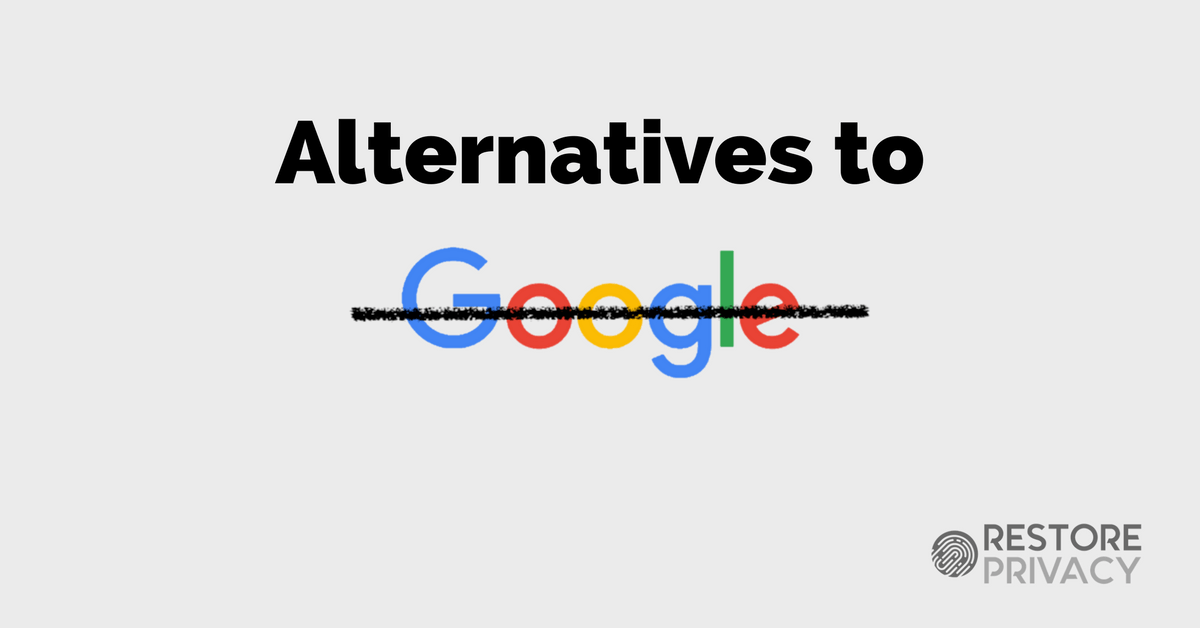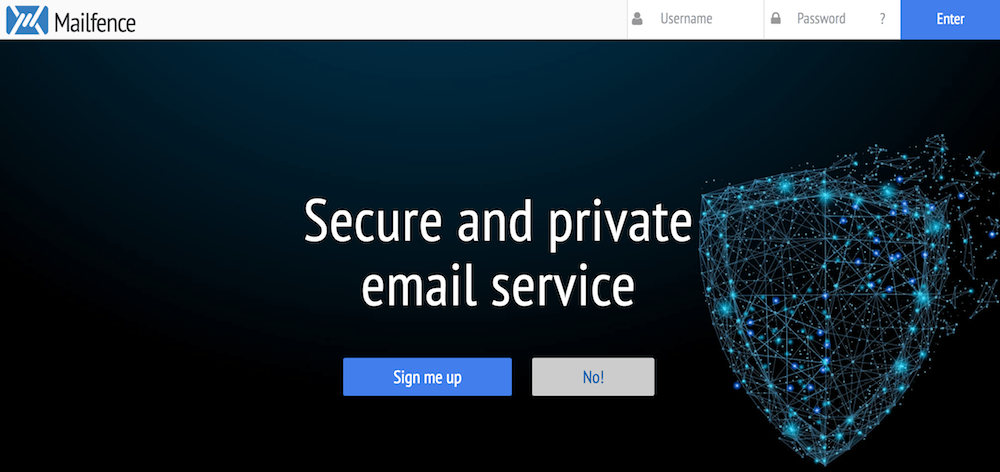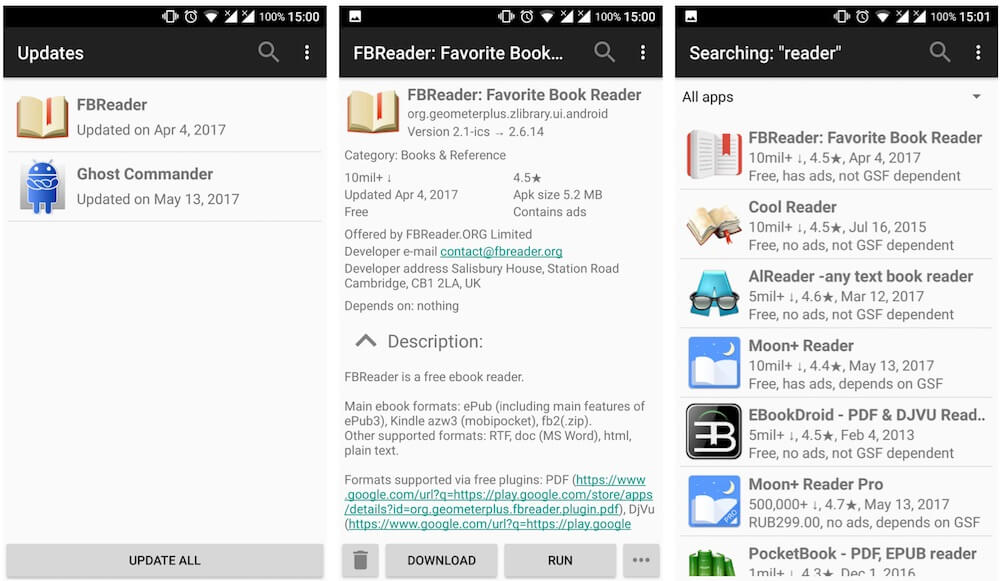P
pilou12
Guest
Por
Montse Hidalgo Pérez
Son más pequeñas, no se ha hecho una peli sobre ellas y no se van a hacer de oro con tus datos
Poner cualquiera de estos datos directa o indirectamente al alcance de Facebook es como agitar un solomillo ante el hocico de un león. Por un lado, lo va a devorar. Por otro, si pilla chicha adicional la engullirá con tanto o más gusto.
Ubicación, edad, generación, género, idioma, nivel educativo, campo de estudios, colegio, afinidad étnica, sueldo, tipo de vivienda y régimen de tenencia, valor de la casa, composición del hogar, relaciones a distancia, cambios de empleo, compromisos, matrimonios, paternidades, marca y antigüedad de coches, sistema operativo, servicio de correo electrónico, navegador, tipo de tarjeta de crédito…
Y, ojo, estos 26 ejemplos son una pequeña muestra de los 98 campos que, según recopiló The Washington Post, forman parte de los bocaditos de privacidad que Facebook picotea de nuestras cuentas de usuario. ¿Te incomoda? No estás solo.
Pues resulta que, si la solución es mudarse, hay vida más allá de Facebook. Vida social digital de esa que tanto nos gusta. Son rivales diminutos, en la mayoría de los casos están en vías de desarrollo, pero tienen una cosilla que el monstruo de Zuckerberg no tiene: cero interés en tus datos.

Los habitantes de Mastodon, pueden controlar quién ve sus posts de texto, fotos o vídeos, que, por cierto, conservan el orden cronológico y no aparecerán mezclados con publicidad sospechosamente similar a tus últimas búsquedas en Amazon. Además, incluye alertas de spoilers.
El funcionamiento de Mastodon se basa en servidores independientes que pueden estar operados por personas u organizaciones: los hay genéricos o centrados en temáticas determinadas, de modo que cada usuario puede acogerse al que prefiera y conectar desde ahí con el resto de sus contactos, sin importar que estos se alojen en otro servidor. En esencia, dicen, son "una red social descentralizada y de código abierto".

Para entrar a este espacio solo es preciso instalar clientes como Patchwork -el más
sencillo- y registrarse. Cada usuario puede contactar con quienes conectados a una red local -como el wifi de una cafetería-, o bien puede conectar con personas en remoto a través de pubs: servidores que Scuttlebutt compara con bares, entras a pasar el rato con tus amigos, pero puedes marcharte cuando quieras. Y no necesitas estar registrado en ellos si solo quieres conversar con tus contactos locales.
Además, si te quedas sin acceso a internet, toda la red queda almacenada en una carpeta en tu ordenador, de modo que puedes navegar por ella cuando quieras. Los mensajes privados en Scuttlebutt están cifrados de extremo a extremo y cuando bloqueas a alguien, desaparece por completo: no tendrás que ver sus posts, aunque tus otros amigos los compartan.

En medio de la conversación no hay servidores que alguien pueda monitorizar, censurar o hackear. Utiliza la red de Tor, en la que pueden establecerse puntos de encuentro entre usuarios anónimos. Tu lista de contactos nunca saldrá de tu ordenador y todos los mensajes están encriptados.
En su parte más parecida a Facebook puedes ver un resumen de tus discusiones sin leer y eventos próximos. Eso sí, lo organizas tú, no hay ningún algoritmo detrás, decidiendo por ti qué es lo importante.

Todos los datos vertidos en Signal pertenecen al teléfono que los contiene. Además, puedes fijar un intervalo de desaparición para tus conversaciones, de tal manera que los mensajes vertidos en ellas se vayan borrando cada cierto tiempo para todos los usuarios que toman parte.

Extra de privacidad

La de proteger la privacidad en la red no es una batalla que se esté librando exclusivamente contra Facebook.
Montse Hidalgo Pérez
Son más pequeñas, no se ha hecho una peli sobre ellas y no se van a hacer de oro con tus datos
Poner cualquiera de estos datos directa o indirectamente al alcance de Facebook es como agitar un solomillo ante el hocico de un león. Por un lado, lo va a devorar. Por otro, si pilla chicha adicional la engullirá con tanto o más gusto.
Ubicación, edad, generación, género, idioma, nivel educativo, campo de estudios, colegio, afinidad étnica, sueldo, tipo de vivienda y régimen de tenencia, valor de la casa, composición del hogar, relaciones a distancia, cambios de empleo, compromisos, matrimonios, paternidades, marca y antigüedad de coches, sistema operativo, servicio de correo electrónico, navegador, tipo de tarjeta de crédito…
Y, ojo, estos 26 ejemplos son una pequeña muestra de los 98 campos que, según recopiló The Washington Post, forman parte de los bocaditos de privacidad que Facebook picotea de nuestras cuentas de usuario. ¿Te incomoda? No estás solo.
- Ese vertedero que tan bien te conoce
Pues resulta que, si la solución es mudarse, hay vida más allá de Facebook. Vida social digital de esa que tanto nos gusta. Son rivales diminutos, en la mayoría de los casos están en vías de desarrollo, pero tienen una cosilla que el monstruo de Zuckerberg no tiene: cero interés en tus datos.

- Mastodon
Los habitantes de Mastodon, pueden controlar quién ve sus posts de texto, fotos o vídeos, que, por cierto, conservan el orden cronológico y no aparecerán mezclados con publicidad sospechosamente similar a tus últimas búsquedas en Amazon. Además, incluye alertas de spoilers.
El funcionamiento de Mastodon se basa en servidores independientes que pueden estar operados por personas u organizaciones: los hay genéricos o centrados en temáticas determinadas, de modo que cada usuario puede acogerse al que prefiera y conectar desde ahí con el resto de sus contactos, sin importar que estos se alojen en otro servidor. En esencia, dicen, son "una red social descentralizada y de código abierto".

- Scuttlebutt
Para entrar a este espacio solo es preciso instalar clientes como Patchwork -el más
sencillo- y registrarse. Cada usuario puede contactar con quienes conectados a una red local -como el wifi de una cafetería-, o bien puede conectar con personas en remoto a través de pubs: servidores que Scuttlebutt compara con bares, entras a pasar el rato con tus amigos, pero puedes marcharte cuando quieras. Y no necesitas estar registrado en ellos si solo quieres conversar con tus contactos locales.
Además, si te quedas sin acceso a internet, toda la red queda almacenada en una carpeta en tu ordenador, de modo que puedes navegar por ella cuando quieras. Los mensajes privados en Scuttlebutt están cifrados de extremo a extremo y cuando bloqueas a alguien, desaparece por completo: no tendrás que ver sus posts, aunque tus otros amigos los compartan.

- Ricochet
En medio de la conversación no hay servidores que alguien pueda monitorizar, censurar o hackear. Utiliza la red de Tor, en la que pueden establecerse puntos de encuentro entre usuarios anónimos. Tu lista de contactos nunca saldrá de tu ordenador y todos los mensajes están encriptados.
- Agorakit
En su parte más parecida a Facebook puedes ver un resumen de tus discusiones sin leer y eventos próximos. Eso sí, lo organizas tú, no hay ningún algoritmo detrás, decidiendo por ti qué es lo importante.

- Signal
Todos los datos vertidos en Signal pertenecen al teléfono que los contiene. Además, puedes fijar un intervalo de desaparición para tus conversaciones, de tal manera que los mensajes vertidos en ellas se vayan borrando cada cierto tiempo para todos los usuarios que toman parte.

Extra de privacidad

La de proteger la privacidad en la red no es una batalla que se esté librando exclusivamente contra Facebook.
- DuckDuckGo. Es el adversario diminuto de Google que tampoco quiere saber nada de ti, ni perseguirte con anuncios. Nació en 2008 y ya registra 16.000 millones de búsquedas diarias.
- IndieWeb. Esta alternativa a la "web corporativa" promete que todo lo que publiques en ella será tuyo por siempre jamás y que los contenidos que viertas no están siendo monitorizados.



